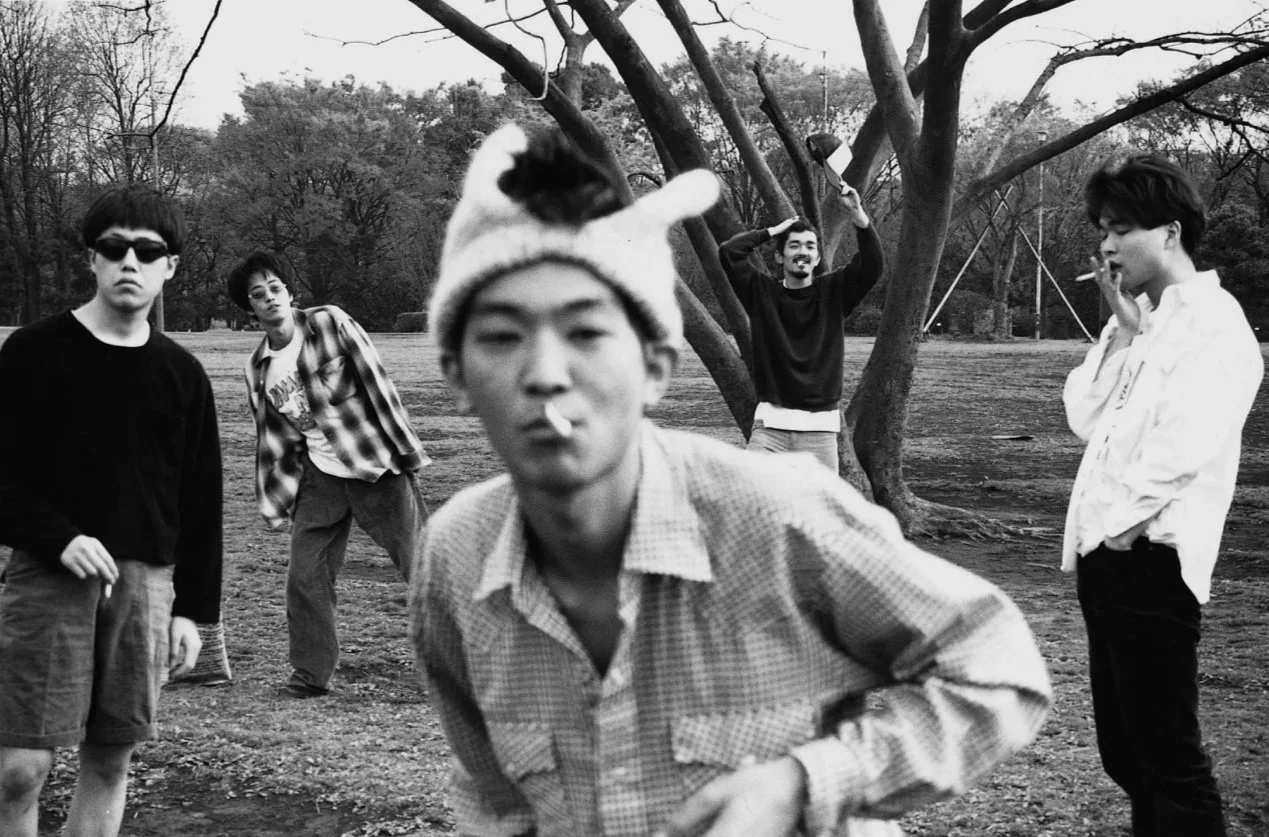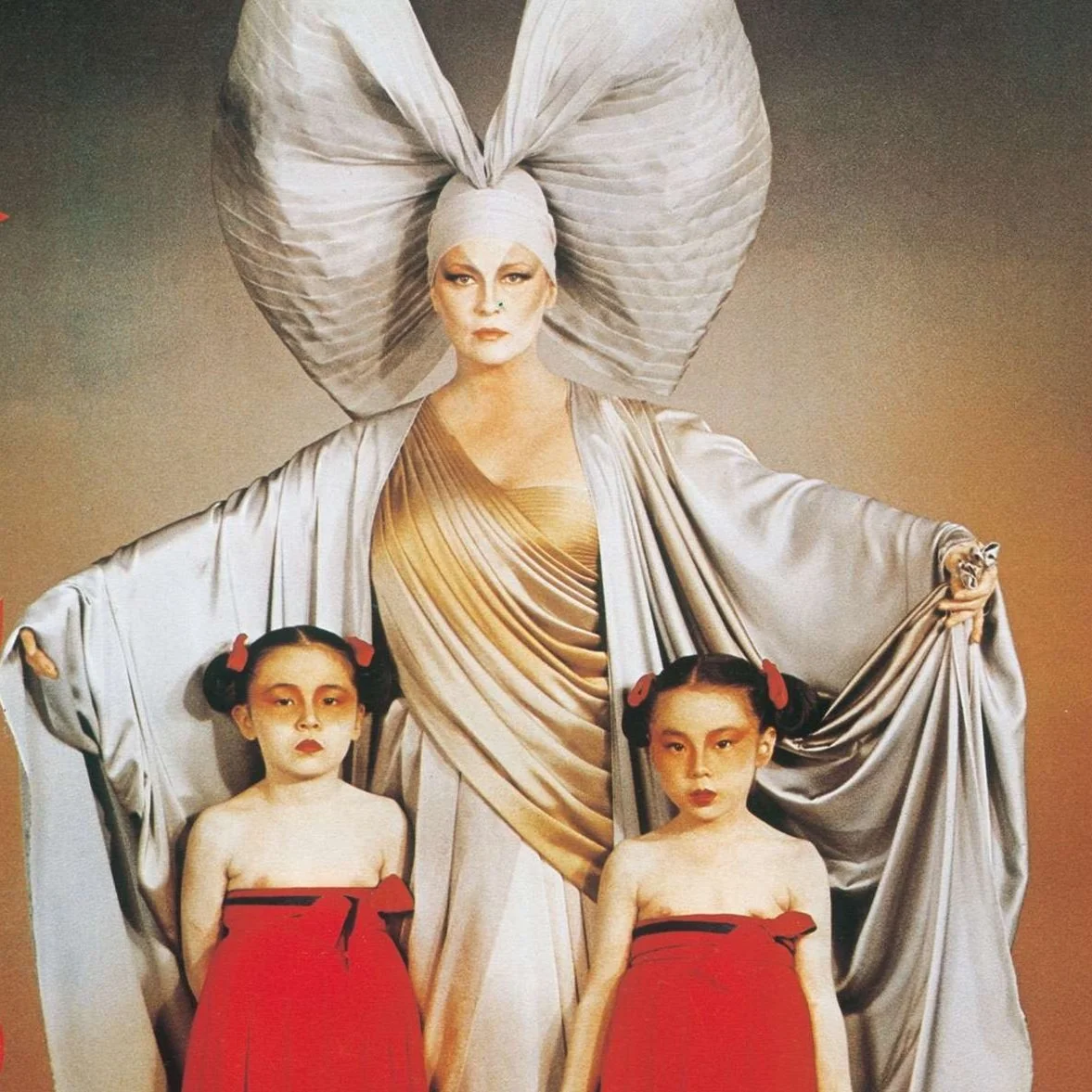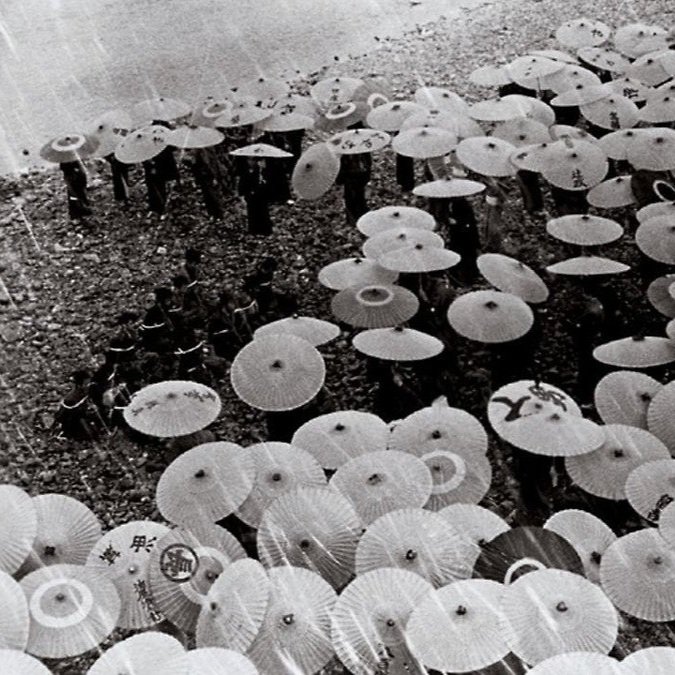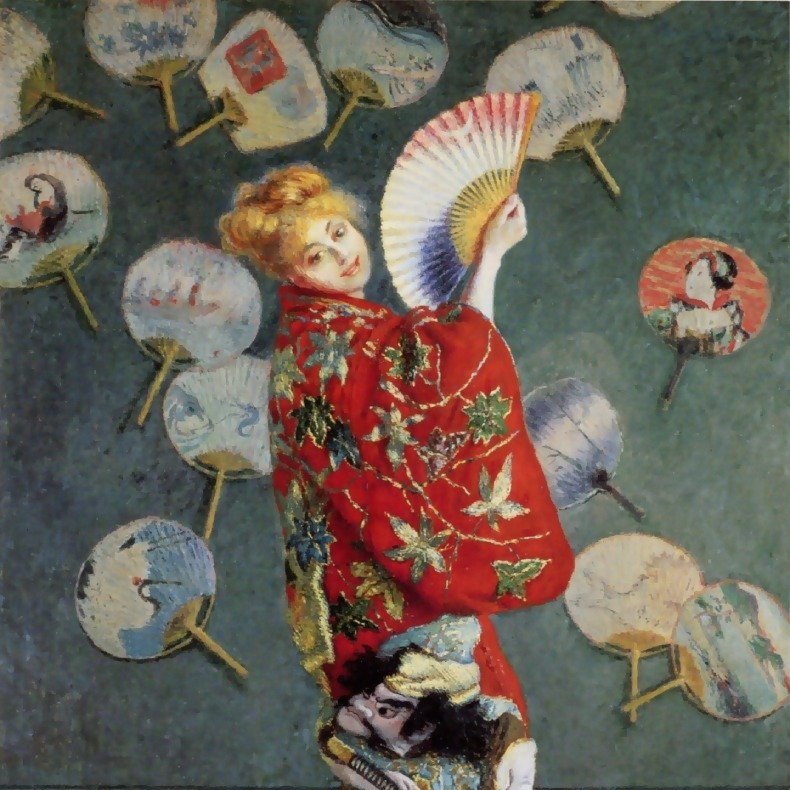Fishmans - A Legacy that Outlived the Frontman
Fishmans
Before diving into the intricacies of Fishmans, it’s worth tracing the cultural and musical terrain that shaped them. Shibuya-kei, a musical movement that cannot be characterised by the singular term ‘genre’. Brewing in the 90s, it allowed artists to follow no rules and revive the sounds that seemed to escape the musical scene after the 70s, exploring psychedelia, funk, and more specifically in regards to Fishmans, dream-pop and electronica. The list could go on.
Shibuya-kei spawned out of unique circumstances of the century, where the end of the Second World War gave space for the Japanese culture to redefine itself outside of the standards that were set by empirical rule. With that came a steady flow of Western culture, seen in the U.S.’s involvement in the social and political ‘rehabilitation’ of Japan, and artistic influences from European cultures in the forms of jazz, bossa-nova, French ye-ye, etc. In the 80’s, this amalgamated into the form of city pop, but as more and more Japanese elements were added into the mix, Shibuya-kei emerged. Whilst Fishmans is not a main Shibuya-kei band, it connects strongly to the era, especially in the way the three university students blended styles and instruments.
Introducing Fishmans
Fishmans was formed in 1987 by Shinji Sato (vocals), Kin-ichi Motegi (drums), and Kensuke Ojima (guitar). They were discovered by the legendary trumpet player Kazufumi Komada and signed with Virgin Japan. Despite those variables suggesting a steady road to fame, the band remained a relatively underground staple amongst listeners until the release of their hit single ‘いかれた Baby’ (Ikareta Baby) six years after their formation, though even then they never made it to mainstream charts.
As Motegi has recounted in a later interview: ‘We got good reviews, but in sales terms it was pretty laughable.’ ‘いかれた Baby’ is a strong indication of the sounds that become associated with them, blending dub, reggae and dream-pop with the use of ambient synth and reverb. The track is sentimental, with Sato’s falsetto pondering the lyrics ‘人はいつでも見えない力が必要だったりしてるから悲しい夜を見かけたら君のことを思い出すのさ’ (People always need a higher power, everyone needs such help, so when I have a sorrowful night I'm reminded of you). There is a sensitive melancholy that is felt in many of their songs, fusing the sense of loss and sweetness. Sato’s voice flows like milk in between the synth, wrapping the listeners like a cloudy blanket – a shield against the never-ending anxiety of life as it passes us all by.
The philosophical and abstract sense in the band’s lyrics was felt by its band members. Motegi said in a previous interview with Tokion, looking back at the band’s years: ‘I think my own perspective on finding or not finding trivial things in everyday life changed through the encounter with Fishmans music. Therefore, it became very important for me not only to feel “happy” but also to maintain the feeling of “loneliness”.’ Sato’s falsetto adds a lightness to the existential lyrics, that makes us see that complex feelings aren’t something to fear, and that they are what ultimately keep us alive.
Fishmans
A 35-minute One-track Album
Over the years, the line-up of the band itself experienced many shifts, which inevitably contributed to the varying sound in their discography. At its most stable in terms of member permanency, the band consisted of Shinji Sato, Kin-ichi Motegi, Yuzuru Kashiwabara, Kensuke Ojima, and Hakase-Sun for six years, until the departure of Ojima in 1994, and Kashiwabara in the following year. It is during this period that the band released the song that now has solidified its place as legendary in the eyes of the fans.
This is the 35-minute ‘Long Season’, the singular titular track of their sixth studio album released in 1996. Sato described ‘Long Season’ as ‘A flow that’s different from the ordinary flow of time is incorporated everywhere into the song.’ This album was released after their album 空中キャンプ (Kuuchuu Camp), consisting of eight songs and featuring the famous ‘ナイトクルージング’ (Night Cruising), which was written after Sato finally got a driver’s license and experienced the joys of cruising with the windows open. ‘Long Season’ was an experiment amongst the band members to create an album with one song only, that has the feeling of going on for eternity. It was a product of experimentation and the creativity of their minds.
Many note its live version, which was later released separately in a 40 minute form, to be especially poignant. The performance has become a sort of symbol, being the last one ever performed by the frontman Shinji Sato before his unexpected death from heart failure. The track itself is like a living thing, taking many forms over the course of 40 minutes. Even from a quick look at the lyrics, the song stands out for its unconventionality with the way Sato’s falsetto and voice become one with the instrumental. There is their signature existential lyricism with lines such as ‘うれしいような さみしいような 風邪薬でやられちまったみたいな’ (‘Feeling kinda happy, feeling kinda lonely, seems like I’ve been done in by my medicine’), and then there is the continuous repetition as Sato sings the sound ‘pa’ over and over, then moving to the English refrain of ‘Get round in season!’
Although the music is undeniably genius, it is also carefree and fun, a raw expression of artistic soul. Even as the band became a trio in 1995, and then a duo after Kashiwabara’s departure in 1998, Sato continued to be enthusiastic about the future and transformation of their project until his final days.
The Legacy
In the 2010s, the band continued to gain much recognition, and ‘Long Season’ was even ranked as the seventh-greatest album of all time by Paste in 2024. On the platform ‘Rate Your Music’, many users continue to create Fishmans beginner guides, showcasing the public’s hunger to understand and experience completely the beautiful music that was left. After Sato's death, Motegi continued to uphold the band’s legacy, and in 2005 was joined by Kashiwabara, Ojima and Hakase-Sun. To this day, Fishmans are icons of the music scene, and the documentary released in homage to Sato in 2019 by the remaining band members has ensured that their sound and musical vitality remains immortal.








A legacy that still ripples through generations of lonely hearts.